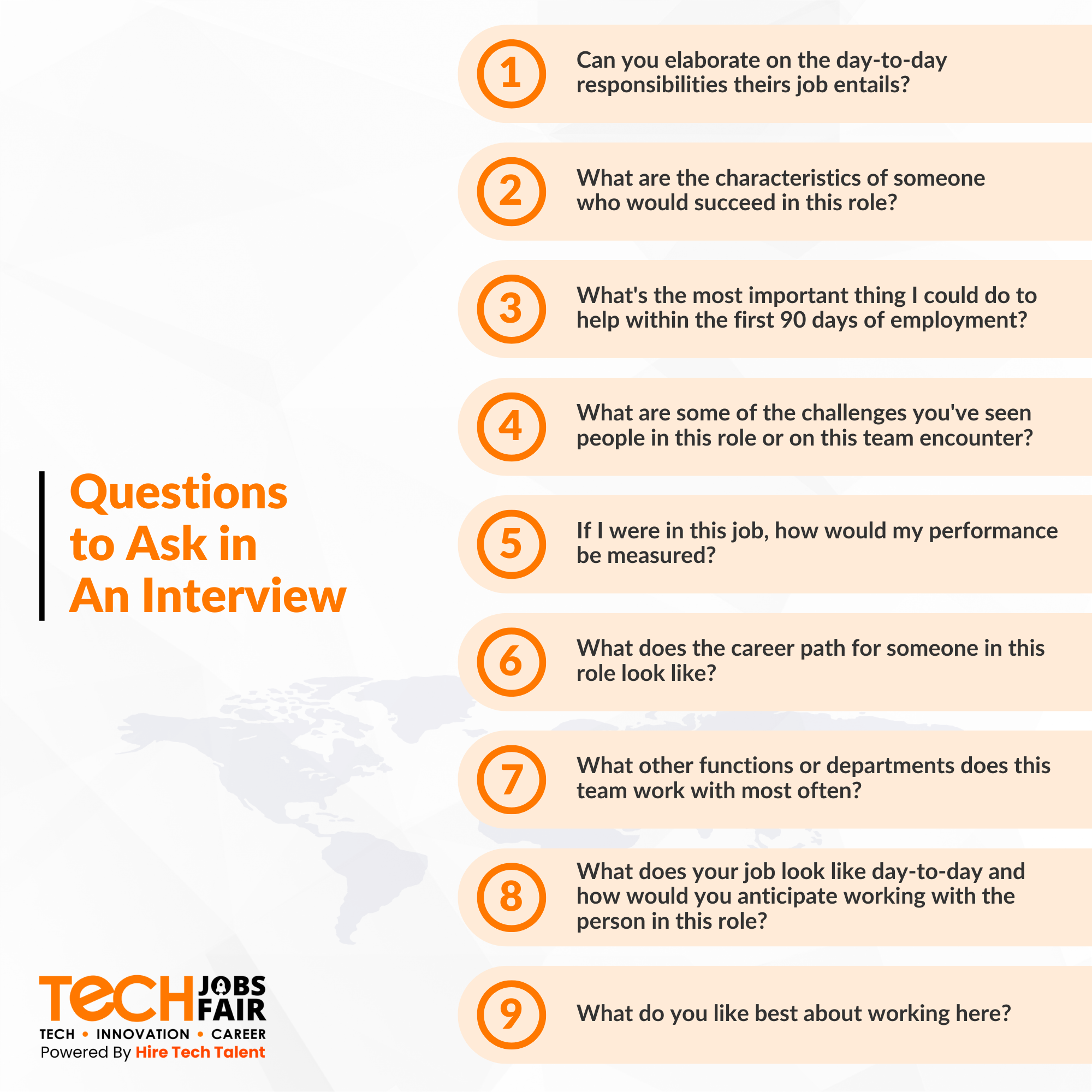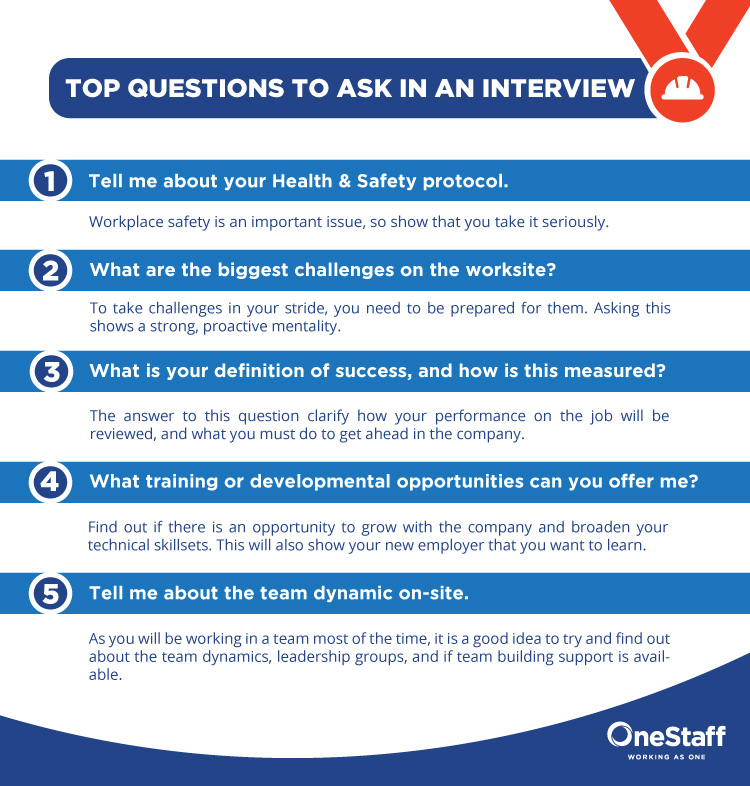AICoaches Upsell: Get all the links below to direct search pages with all the information you want about the AICoaches Upsell. Technical questions play a crucial role in job interviews, especially for positions that require specific technical skills. Through these questions, interviewers can assess a candidate’s knowledge, problem-solving abilities, and overall suitability for the role. By asking technical questions, interviewers can gain valuable insights into a candidate’s expertise, experience, and potential for learning and growth. all AICoaches Upsell Links with the coupon code below to save more money.
AICoaches Upsell Links + Huge Bonuses Below
Note: We recommend getting the ” Bundle-Deal ” ” FE + All Upgrades Options ) and Save ” $283″ Approve to >>” Mohamed Elhashash ” to get this discount and my Huge bonuses
==>>Use this free coupon for $50 Off ” CLONESECRET ” “
>> Bundle Deal Edition <<
>> Front-End <<
>> OTO1 Fast Pass Edition <<
>> OTO2 Gold Edition <<
>> OTO3 Platinum Edition <<
>> OTO4 Enterprise Edition <<
>> OTO5 Rewardsly 2.0 Edition <<
>> OTO6 Forrk Special Edition <<
>> OTO7 JusTap Special Edition <<
Are you preparing for a job interview and want to make sure you stand out from other candidates? Asking relevant technical questions during your interview can demonstrate not only your knowledge and expertise in the field but also your genuine interest in the position. In this article, we have compiled a list of ten essential technical questions that you must consider asking during your job interview. By asking these questions, you will not only gather valuable information about the role and the company but also showcase your eagerness to contribute and succeed in the position. So, let’s dive right in and explore these ten must-ask technical questions for your next job interview!
AICoaches Upsell – Technical Questions
1. Why are technical questions important in a job interview?
Technical questions are important in a job interview for several reasons. First and foremost, they allow interviewers to determine a candidate’s level of expertise in a particular field. Whether it’s programming, data analysis, or system administration, technical questions enable interviewers to assess a candidate’s knowledge and skills in a specific domain. Furthermore, technical questions help gauge a candidate’s problem-solving abilities. Many job roles require individuals who can think critically, troubleshoot issues, and come up with innovative solutions. Through technical questions, interviewers can evaluate how candidates approach problems and identify their problem-solving strategies. Lastly, technical questions also help interviewers determine if a candidate is the right fit for the role. Different positions require different levels of technical proficiency. By asking relevant technical questions, interviewers can identify whether a candidate possesses the necessary skills and competencies to excel in the role.
AICoaches Upsell How do technical questions help assess a candidate’s skills?
Technical questions serve as a powerful tool to evaluate a candidate’s skills during a job interview. They provide interviewers with a tangible measure of a candidate’s theoretical knowledge and practical experience in a specific field. 2.1 Testing theoretical knowledge By asking technical questions, interviewers can assess a candidate’s theoretical knowledge in a particular domain. For example, in a software development role, interviewers may ask coding-related questions to gauge a candidate’s understanding of programming concepts, algorithms, and data structures. By evaluating the candidate’s responses, interviewers can determine the depth and breadth of their theoretical knowledge. 2.2 Evaluating practical experience Technical questions also help interviewers evaluate a candidate’s practical experience. It’s one thing to have theoretical knowledge, but it’s another to apply that knowledge in real-world scenarios. By asking questions about specific projects, tools, or methodologies, interviewers can assess how candidates have utilized their skills in practical situations. This provides valuable insights into a candidate’s ability to tackle real-world challenges and effectively contribute to the team.
3. What are some common technical questions asked in job interviews?
The specific technical questions asked in job interviews can vary depending on the role and industry. However, there are a few common types of technical questions that interviewers often ask: 3.1 Programming and coding questions For technical roles that involve programming or coding, interviewers may ask questions to assess a candidate’s coding abilities. These questions may range from simple algorithmic problems to more complex challenges. By asking candidates to write code or provide a step-by-step approach to solving a problem, interviewers can evaluate their programming skills, logical reasoning, and attention to detail. 3.2 System design and architecture questions In roles that involve system design or architecture, interviewers may ask candidates to explain how they would approach designing a system to solve a specific problem. These questions help evaluate a candidate’s ability to think holistically, consider various factors such as scalability and performance, and design efficient and robust solutions. 3.3 Troubleshooting and debugging questions For technical support or IT roles, interviewers may present candidates with scenarios involving system malfunctions or software bugs. Candidates may be asked to identify the root cause of the issue and suggest steps to resolve it. This helps assess a candidate’s troubleshooting skills, analytical thinking, and ability to work under pressure.
AICoaches Upsell Why should you ask technical questions as an interviewer?
As an interviewer, asking technical questions is essential for gaining a deeper understanding of a candidate’s skills and suitability for the role. By asking these questions, you can:
- Validate the candidate’s claims: Technical questions allow you to verify the information stated AICoaches Upsell on the candidate’s resume or application. It provides an opportunity to validate their skills and experiences in a specific field.
- Assess problem-solving abilities: Technical questions enable you to evaluate a candidate’s problem-solving skills, which are crucial for many job roles. Through their responses, you can determine how candidates approach challenges, think critically, and come up with effective solutions.
- Evaluate communication and explanation skills: Asking technical questions also provides insights into a candidate’s ability to communicate complex ideas clearly and concisely. Their explanations and demonstrations of technical concepts can shed light on their communication skills, which are vital for collaborating with colleagues and stakeholders.
5. How can technical questions help determine a candidate’s fit for the role?
Technical questions can play a significant role in determining a candidate’s fit for a particular role AICoaches Upsell. By asking relevant technical questions, interviewers can assess if a candidate possesses the necessary skills, knowledge, and experience required to excel in the position. For example, if a job role heavily relies on programming skills, interviewers can ask coding questions to gauge a candidate’s proficiency in coding languages and problem-solving capabilities. By assessing the candidate’s responses, interviewers can determine if their technical skills align with the requirements of the role. Additionally, technical questions can help identify a candidate’s potential for growth and learning. Assessing a candidate’s curiosity, willingness to learn, and adaptability through technical questions allows interviewers to understand if the candidate has the capacity to keep up with the evolving nature of their field.
6. What should you look for in the candidate’s answers to technical questions?
When evaluating a candidate’s answers to technical questions, there are several key factors to consider:
- Accuracy and correctness: Pay attention to the accuracy and correctness of the candidate’s responses. Are they demonstrating a solid understanding of the topic? Do their answers align with established best practices and industry standards?
- Problem-solving approach: Assess how candidates tackle technical questions. Do they break down complex problems into manageable steps? Are they considering different solutions or exploring alternative approaches? Look for candidates who exhibit logical reasoning and critical thinking skills.
- Communication and clarity: Evaluate the candidate’s ability to communicate technical concepts clearly and concisely. Are they effectively explaining their thought process and reasoning? Good communication skills are vital for collaboration and teamwork.
- Depth of knowledge: Consider the depth of the candidate’s knowledge in a specific AICoaches Upsell area. Are they able to provide detailed explanations and demonstrate a comprehensive understanding of the topic? Look for candidates who can go beyond surface-level knowledge and exhibit a strong foundation in the subject matter.
7. How can you evaluate a candidate’s problem-solving skills through technical questions?
Technical questions provide an excellent opportunity to evaluate a candidate’s problem-solving skills. Here are a few strategies to effectively assess this aspect:
- Present real-world scenarios: Frame technical questions around real-world problems that candidates might encounter in the role. This allows you to evaluate their ability to apply their skills and knowledge to practical situations.
- Assess critical thinking: Based on their responses, evaluate the candidate’s critical thinking skills. Are they able to analyze complex problems, identify patterns, and propose effective solutions? Look for candidates who exhibit creativity and innovation AICoaches Upsell in their problem-solving approach.
- Observe problem-solving process: Pay attention to how candidates arrive at their solutions. Do they ask clarifying questions? Do they break down problems into smaller steps? Look for candidates who demonstrate structured problem-solving processes.
- Consider efficiency and effectiveness: Evaluate the efficiency and effectiveness of the solutions proposed by candidates. Do their approaches consider scalability, performance, and other important factors? Look for candidates who can balance technical feasibility with practical considerations.
AICoaches Upsell What are some good follow-up questions to ask after the candidate answers a technical question?
After a candidate answers a technical question, it’s beneficial to ask follow-up questions to gain more insights and delve deeper into their expertise. Here are some good follow-up questions to consider:
- “Can you explain the reasoning behind your solution?”
- “What alternative approaches or solutions did you consider?”
- “How would you handle this problem differently if you had more time or resources?”
- “Tell me about a time when you faced a similar challenge in a previous role. How did you handle it?”
- “Can you explain any trade-offs or limitations of your proposed solution?”
These follow-up questions can help you gauge a candidate’s thought process, problem-solving abilities, and ability to adapt to different situations.
9. Are technical questions the only criteria to evaluate a candidate’s technical abilities?
While technical questions are a valuable tool to evaluate a candidate’s technical abilities, they are not the only criteria to rely on. It’s essential to consider other factors such as practical experience, educational background, certifications, and soft skills. Practical experience provides valuable insights into a candidate’s ability to apply their technical knowledge in real-world scenarios. Assessing their past projects, roles, and achievements can give a more comprehensive understanding of their capabilities. Educational background and certifications can also indicate a candidate’s dedication to learning and keeping up with industry trends and best practices. These credentials can validate a candidate’s theoretical knowledge and expertise. Soft skills, including communication, teamwork, and adaptability, are equally important in determining a candidate’s overall fit for a role. A candidate may possess excellent technical skills, but if they struggle to collaborate effectively or communicate their ideas, they may not thrive in a team-oriented work environment. Therefore, while technical questions are a valuable piece of the puzzle, it’s essential to consider a candidate’s broader skill set and overall fit for the role.





